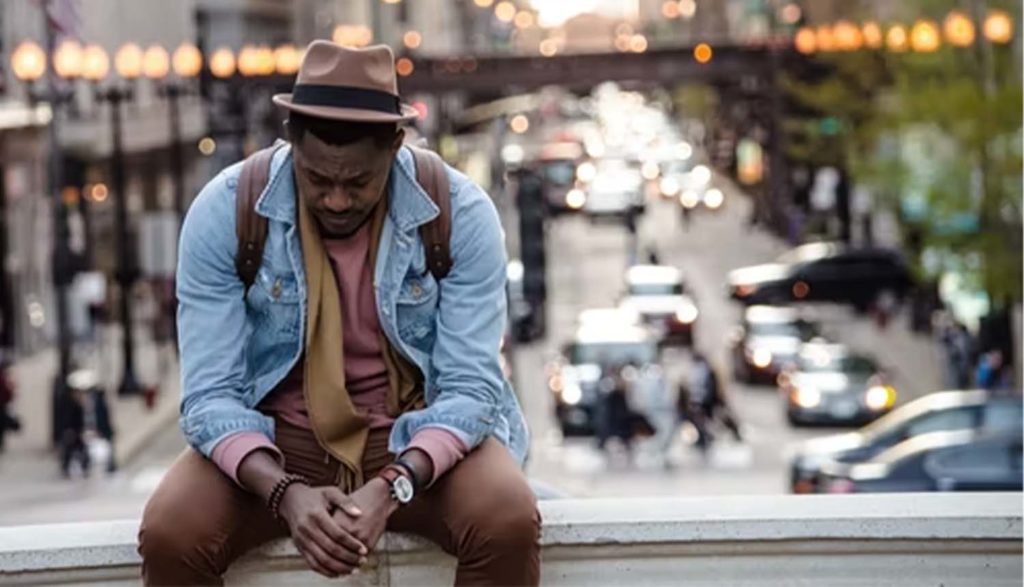Over the last decade or so, researchers have noticed a correlation between teen social media usage and mental health problems such as depression and anxiety. We might be tempted to believe that this connection is just a problem for young users. But science has begun to show a similar link between social media and depression among adults, too.
New research published by the JAMA Network Open (one publication of the Journal of the American Medical Association) suggests that social networks such as Instagram, Facebook and TikTok can contribute to depression among adults. Specifically, researchers sought to examine how social media usage influenced mental health from May 2020 to May 2021—a period that corresponds roughly with the U.S.’s most stringent COVID-19 lockdowns.
Dr. Roy Perlis, a professor of psychiatry at Harvard Medical School and Massachusetts General Hospital, summarized the study’s findings at NBC News:
We were asking people who weren’t depressed about their social media use. Then we came back later to see if the people who were using certain kinds of social media were more likely to be depressed. … People who were using Facebook, people who were using TikTok, and people who were using Snapchat were substantially more likely to come back and tell us they felt depressed the next time they filled out the survey.
And for anyone who might think, “Yeah, but that year was depressing for everyone!” Perlis says that his team’s research accounted for factors such as isolation, but still noted an uptick in depression. Interestingly, depressive symptoms varied by age depending on the platform used. Facebook users under age 35 were more likely to note feeling down. Meanwhile, Instagram and TikTok users over the age of 35 were more likely to say that they were depressed.
Experts note that proving causal links between social media usage and adverse mental health outcomes is notoriously difficult. Still, NBC News contributor Erika Edwards writes, “Outside experts theorize that seeing others enjoying life or otherwise seemingly living their best lives on social media may remind people of what they’ve been missing this past year.”
Mitch Prinstein, chief science officer for the American Psychological Association, concurs: “Our brains were not built for this kind of social interaction. And social media is kind of hijacking the need for social interaction with something very artificial and insufficient. Social media is the empty calories of social interaction.”
I’d take that observation a theological step further: Not only are our brains not wired for this “artificial” substitute for real relationships, our hearts and souls aren’t either. Social media can be an efficient vehicle for reminding us of people’s birthdays and news updates about their lives, as well as connecting over long distances. But it can never replace the rich, face-to-face relationships that nourish us spiritually. And that’s as true for adults as it is for tweens and teens.







One Response
-“…seeing others enjoying life or otherwise seemingly living their best lives on social media may remind people of what they’ve been missing…” Exactly right. That’s it right there.